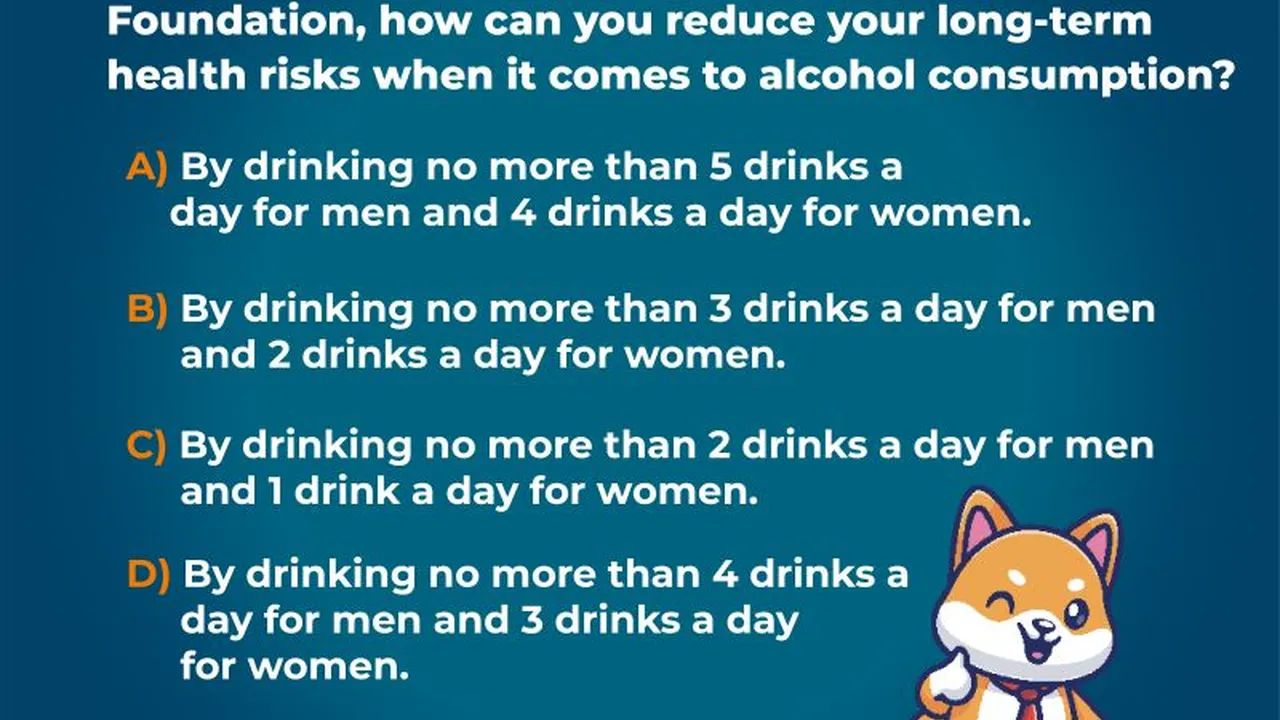The Risks of Relying Solely on Credit Card Travel Insurance

Understanding Credit Card Travel Insurance Coverage Limitations
So, you're planning a trip! Exciting times! You've booked your flights, your hotel, maybe even a fancy tour or two. And you think you're covered because your trusty credit card offers travel insurance, right? Well, hold your horses. While credit card travel insurance can be a nice perk, relying solely on it can be a risky gamble. It's like thinking a band-aid will fix a broken leg. It might help a little, but it's definitely not a comprehensive solution.
The biggest problem is that credit card travel insurance is often *very* limited. Think of it as a "lite" version of proper travel insurance. It might cover things like rental car collision damage or lost luggage (up to a certain amount, of course). But what about the big stuff? Medical emergencies, trip cancellations, or that unexpected volcanic ash cloud that grounds all flights? These are the situations where you really need robust coverage, and where credit card insurance often falls short.
Let's dive into some specific limitations. First, the coverage amounts are often lower than what you'd get with a dedicated travel insurance policy. Imagine you break your leg in Bali and need emergency surgery and evacuation. A few thousand dollars from your credit card insurance might not even scratch the surface. You could be left with a massive medical bill. Ouch!
Second, the terms and conditions can be incredibly complex and restrictive. You might need to meet certain requirements, like charging your entire trip to the eligible credit card. Miss a payment, forget to activate the coverage, or fail to meet a specific deadline, and you could be out of luck. Reading the fine print is crucial, but honestly, who has time for that when you're planning a vacation?
Third, pre-existing medical conditions are often excluded or severely limited. If you have any health issues, even well-managed ones, your credit card insurance might not cover related medical expenses. This can be a huge problem if you need treatment while you're traveling. Always, always check the policy wording carefully.
Exploring Medical Coverage Gaps in Credit Card Travel Insurance
Let's talk more about medical coverage, because this is arguably the most important aspect of travel insurance. Credit card travel insurance often provides only basic medical coverage, and it may not be sufficient to cover serious illnesses or injuries that occur overseas. Think about it: medical care in some countries can be incredibly expensive, especially if you need to be evacuated to a different hospital or even back home.
Many credit card travel insurance policies have high deductibles, meaning you'll have to pay a significant amount out of pocket before the insurance kicks in. This can be a real burden if you're already facing unexpected medical expenses. Also, some policies only cover medical expenses if you're treated at a specific network of hospitals or clinics. This can be problematic if you're traveling in a remote area or if you need specialized care that's not available in the network.
Another crucial consideration is emergency medical evacuation. If you're seriously injured or ill in a foreign country, you might need to be transported to a hospital with better facilities. This can be incredibly expensive, potentially costing tens of thousands of dollars. Credit card travel insurance may not cover the full cost of evacuation, or it may only cover evacuation to the nearest suitable hospital, which might not be the best option for your specific needs.
So, what should you do? If you have any pre-existing medical conditions, or if you're traveling to a country with high medical costs, it's definitely worth considering purchasing a separate travel insurance policy with comprehensive medical coverage. It might seem like an extra expense, but it could save you a fortune in the long run.
Evaluating Trip Cancellation and Interruption Coverage Limitations
Trip cancellation and interruption coverage is another area where credit card travel insurance often falls short. Imagine you have to cancel your trip due to a sudden illness or family emergency. Or perhaps you're already on your trip, and you need to cut it short due to unforeseen circumstances. Credit card insurance might offer some reimbursement for non-refundable expenses, but the coverage is often limited and subject to strict conditions.
Many credit card policies only cover trip cancellation or interruption for specific reasons, such as illness, injury, or death. They may not cover cancellations due to other events, such as job loss, natural disasters, or travel advisories. Also, the amount of reimbursement may be limited to the cost of your flights or hotel, and it may not cover other expenses, such as tours, activities, or pre-paid transportation.
Furthermore, the documentation requirements for trip cancellation or interruption claims can be quite stringent. You might need to provide medical certificates, police reports, or other supporting documents to prove that your cancellation or interruption was due to a covered event. This can be a hassle, especially when you're already dealing with a stressful situation.
To avoid disappointment, carefully review the terms and conditions of your credit card travel insurance policy to understand what's covered and what's not. If you're concerned about trip cancellation or interruption, consider purchasing a separate travel insurance policy with broader coverage and more flexible terms.
Assessing Baggage Loss and Delay Coverage Deficiencies
Lost or delayed baggage is a common travel headache, and it's another area where credit card travel insurance might not provide adequate protection. While many credit card policies offer some reimbursement for lost or delayed baggage, the coverage is often limited and subject to restrictions.
The maximum reimbursement amount for lost baggage is often quite low, and it may not be enough to replace all of your belongings, especially if you're traveling with expensive items such as electronics, jewelry, or designer clothing. Also, the policy may only cover the depreciated value of your belongings, rather than the replacement cost.
Delayed baggage coverage can also be limited. Many policies only reimburse you for essential items, such as toiletries and a change of clothes, and only if your baggage is delayed for a certain period of time (e.g., 24 hours). They may not cover other expenses, such as the cost of renting replacement equipment or clothing if you're on a ski trip or a hiking adventure.
To protect yourself against baggage loss or delay, consider taking the following steps: Pack essential items in your carry-on bag, keep a list of your belongings and their value, and purchase a separate travel insurance policy with higher baggage coverage limits. Also, consider using a baggage tracking service to help locate your luggage if it gets lost.
Specific Travel Insurance Product Recommendations and Comparisons
Okay, so you're thinking, "Alright, I get it. Credit card insurance isn't the be-all and end-all. What *should* I be looking at?" Good question! Let's talk about some specific travel insurance options. Remember, these are just examples, and the best choice for you will depend on your individual needs and travel plans.
World Nomads: The Adventure Traveler's Friend
World Nomads is a popular choice for adventurous travelers. They offer comprehensive coverage, including medical emergencies, trip cancellations, and lost or stolen gear. They're known for their flexibility, allowing you to purchase or extend coverage even while you're already traveling. They have two main plans: Standard and Explorer. Explorer offers higher coverage limits and includes adventure activities like scuba diving and rock climbing.
Scenario: You're backpacking through Southeast Asia, planning on doing some trekking and maybe even a bit of white-water rafting. World Nomads is a solid choice because they cover a wide range of adventure activities. They also have a good reputation for handling claims efficiently, which is crucial when you're far from home.
Price: Varies depending on your trip length, destination, and coverage level. Expect to pay around $50-$150 per week, depending on the plan and your age.
Allianz Travel Insurance: The Reliable All-Rounder
Allianz is a well-established insurance company that offers a variety of travel insurance plans to suit different needs. They have plans that cover everything from basic trip cancellation to comprehensive medical emergencies. They also offer 24/7 customer support, which can be a lifesaver if you run into trouble while traveling.
Scenario: You're taking a family vacation to Disney World. Allianz is a good option because they offer family plans that cover everyone in your household. They also have trip cancellation coverage in case someone gets sick before the trip.
Price: Again, it depends. A basic trip cancellation plan might cost around $50, while a comprehensive plan with medical coverage could be $100-$200 per person, per trip.
Travelex Insurance Services: The Budget-Conscious Option
Travelex offers a range of travel insurance plans, including options for budget-conscious travelers. Their plans are generally more affordable than World Nomads or Allianz, but they may offer less comprehensive coverage. They're a good choice if you're looking for basic protection without breaking the bank.
Scenario: You're taking a short weekend trip to a nearby city. Travelex might be a good option if you just want basic trip cancellation and baggage loss coverage. However, be sure to carefully review the policy limits to ensure they're sufficient for your needs.
Price: Travelex can be significantly cheaper. You might find plans for as little as $30-$50 for a short trip.
Comparing the Options: A Quick Breakdown
Here's a quick table to help you compare these options:
| Insurance Provider | Coverage Focus | Price Range (per week) | Pros | Cons |
|---|---|---|---|---|
| World Nomads | Adventure Activities, Medical Emergencies | $50-$150 | Flexible, covers adventure activities, good claims handling | Can be more expensive |
| Allianz Travel Insurance | Comprehensive Coverage, Family Plans | $50-$200 (per person, per trip) | Wide range of plans, 24/7 customer support | Can be complex to navigate the different plans |
| Travelex Insurance Services | Budget-Friendly, Basic Coverage | $30-$50 (for short trips) | Affordable | Less comprehensive coverage |
Choosing the Right Travel Insurance: Key Considerations
So, how do you choose the right travel insurance for *you*? Here are a few key questions to ask yourself:
- Where are you going? Some destinations have higher medical costs than others.
- What are you doing? Are you planning any adventure activities?
- What's your budget? How much are you willing to spend on insurance?
- What are your pre-existing medical conditions? Do you need coverage for specific health issues?
- What are your priorities? Is medical coverage your top concern, or are you more worried about trip cancellation?
Once you've answered these questions, you can start comparing different travel insurance policies and choose the one that best meets your needs. Don't just rely on your credit card travel insurance. Do your research and get the coverage you need to travel with peace of mind!
:max_bytes(150000):strip_icc()/277019-baked-pork-chops-with-cream-of-mushroom-soup-DDMFS-beauty-4x3-BG-7505-5762b731cf30447d9cbbbbbf387beafa.jpg)






